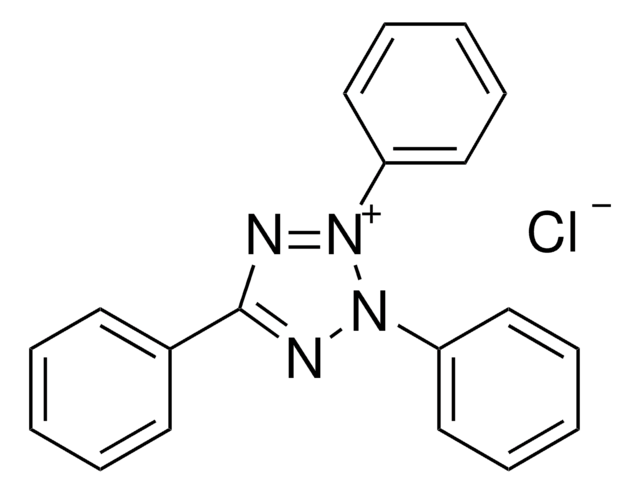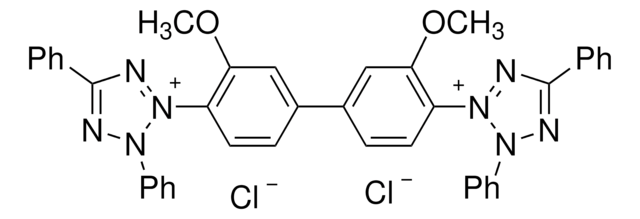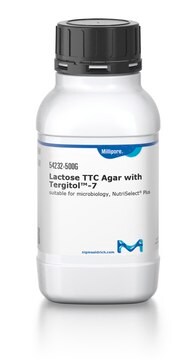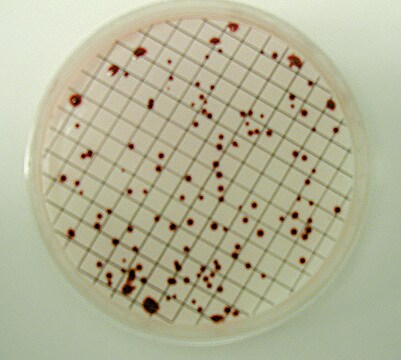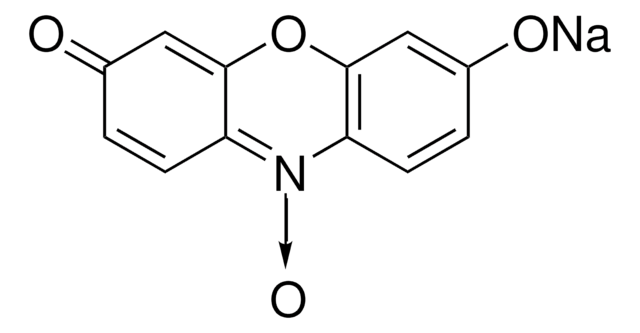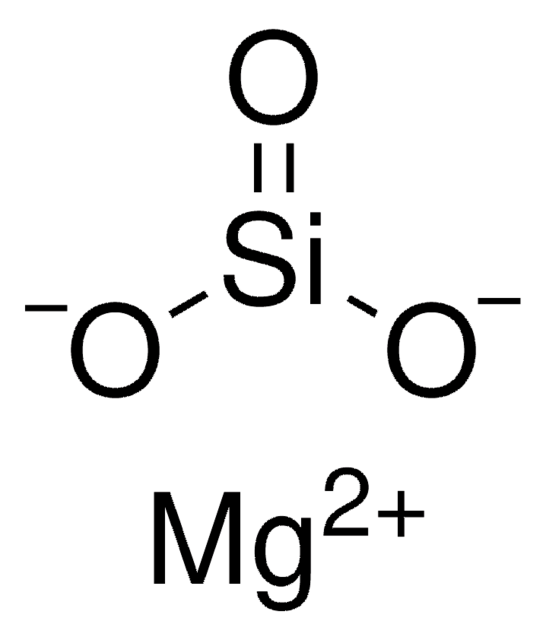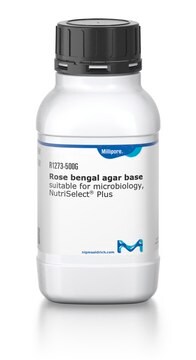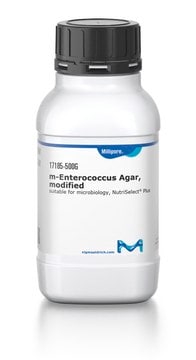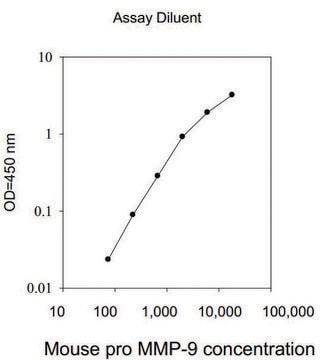17779
2,3,5-Triphenyl-tetrazolium chloride solution
suitable for microbiology, Filter sterilized solution that is recommended for the detection of microbial growth based on reduction of TTC
Synonyme(s) :
TTC solution, TTC supplement, TTC solution, TTC supplement
About This Item
Produits recommandés
Niveau de qualité
Stérilité
sterile (Filtered and Aseptic Handled)
Forme
liquid
Durée de conservation
limited shelf life, expiry date on the label
Poids mol.
334.8 g/mol
Application(s)
agriculture
environmental
food and beverages
microbiology
Température de stockage
2-8°C
Adéquation
bacteria
Chaîne SMILES
[Cl-].c1ccc(cc1)-c2nn(-c3ccccc3)[n+](n2)-c4ccccc4
InChI
1S/C19H15N4.ClH/c1-4-10-16(11-5-1)19-20-22(17-12-6-2-7-13-17)23(21-19)18-14-8-3-9-15-18;/h1-15H;1H/q+1;/p-1
Clé InChI
PKDBCJSWQUOKDO-UHFFFAOYSA-M
Description générale
Application
Composants
2,3,5-Triphenyl tetrazolium chloride: 0.1 g, distilled water: 10 ml
Code de la classe de stockage
10 - Combustible liquids
Classe de danger pour l'eau (WGK)
WGK 2
Point d'éclair (°F)
Not applicable
Point d'éclair (°C)
Not applicable
Équipement de protection individuelle
Eyeshields, Gloves
Faites votre choix parmi les versions les plus récentes :
Déjà en possession de ce produit ?
Retrouvez la documentation relative aux produits que vous avez récemment achetés dans la Bibliothèque de documents.
Les clients ont également consulté
Articles
Vibrio Detection
Notre équipe de scientifiques dispose d'une expérience dans tous les secteurs de la recherche, notamment en sciences de la vie, science des matériaux, synthèse chimique, chromatographie, analyse et dans de nombreux autres domaines..
Contacter notre Service technique